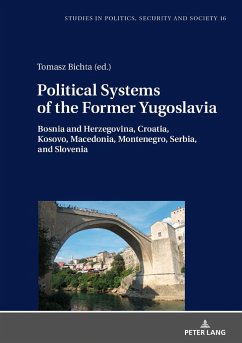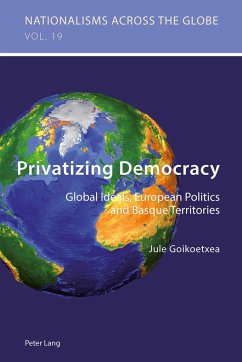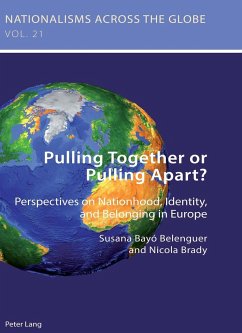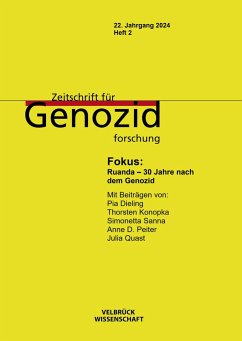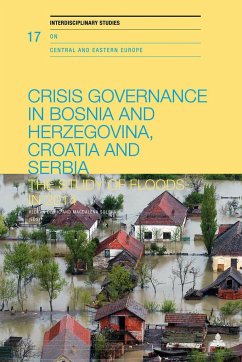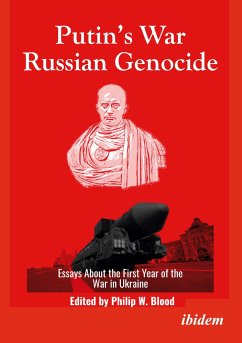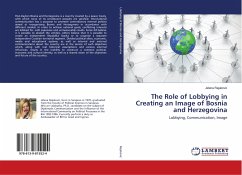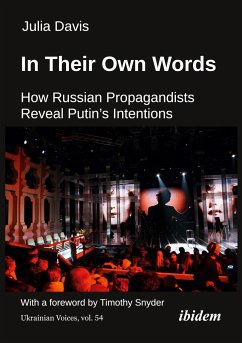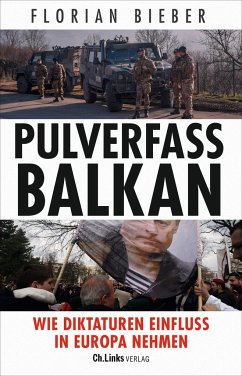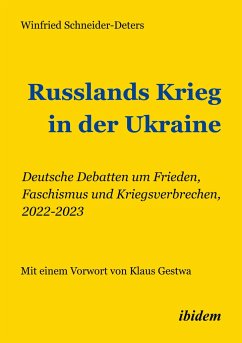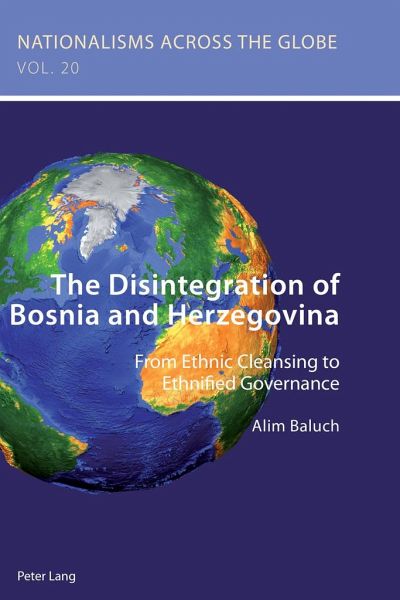
The Disintegration of Bosnia and Herzegovina
From Ethnic Cleansing to Ethnified Governance
Herausgegeben: Jaskulowski, Krzysztof; Kamusella, Tomasz
Versandkostenfrei!
Versandfertig in 6-10 Tagen
75,60 €
inkl. MwSt.

PAYBACK Punkte
0 °P sammeln!
This book argues that the «international community» created and managed the dysfunctional state of Bosnia and Herzegovina by effectively rewarding ethnic cleansing, drawing up a transitional constitution which, in turn, generated a complex ethnifying polity incapable of independent reform. This constitution, which was only added as an annex to the Dayton Peace Agreement, has continued to encourage ethnification, understood in this book as the reproduction of imagined communities of descent.While accepting that foreign interference was necessary to end the war in the late 1990s, the book offe...
This book argues that the «international community» created and managed the dysfunctional state of Bosnia and Herzegovina by effectively rewarding ethnic cleansing, drawing up a transitional constitution which, in turn, generated a complex ethnifying polity incapable of independent reform. This constitution, which was only added as an annex to the Dayton Peace Agreement, has continued to encourage ethnification, understood in this book as the reproduction of imagined communities of descent.
While accepting that foreign interference was necessary to end the war in the late 1990s, the book offers a critical review of the actions of the Office of the High Representative of the International Community (OHR) and other foreign actors since that period. It includes meticulous examination of hundreds of OHR decisions, as well as secret diplomatic cables published by Wikileaks revealing how the US embassy intervened in the country's trade and foreign policy.
Drawing on aprocess-sociological perspective, the book interrogates the notion of ethnicity and offers a radical new perspective on post-war state-building in Bosnia and Herzegovina.
While accepting that foreign interference was necessary to end the war in the late 1990s, the book offers a critical review of the actions of the Office of the High Representative of the International Community (OHR) and other foreign actors since that period. It includes meticulous examination of hundreds of OHR decisions, as well as secret diplomatic cables published by Wikileaks revealing how the US embassy intervened in the country's trade and foreign policy.
Drawing on aprocess-sociological perspective, the book interrogates the notion of ethnicity and offers a radical new perspective on post-war state-building in Bosnia and Herzegovina.





